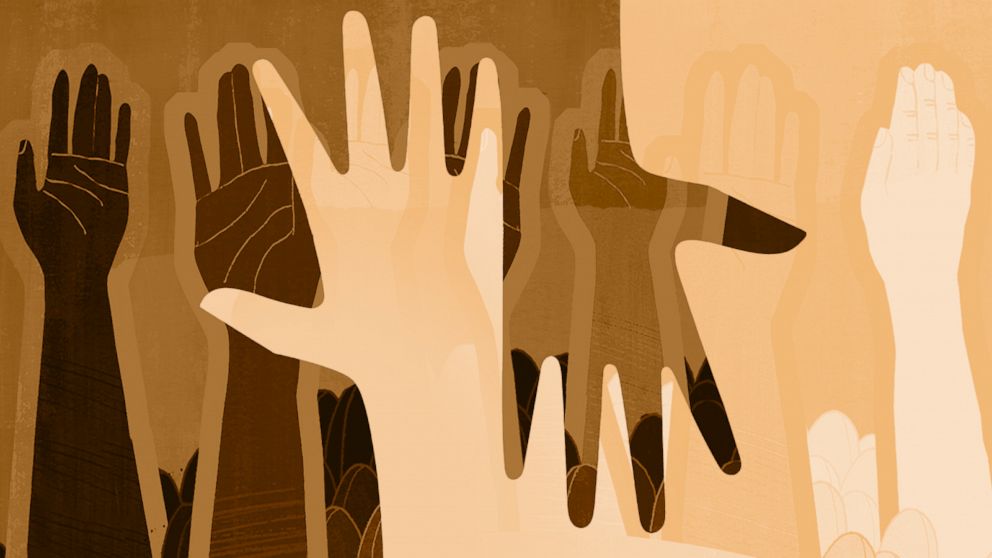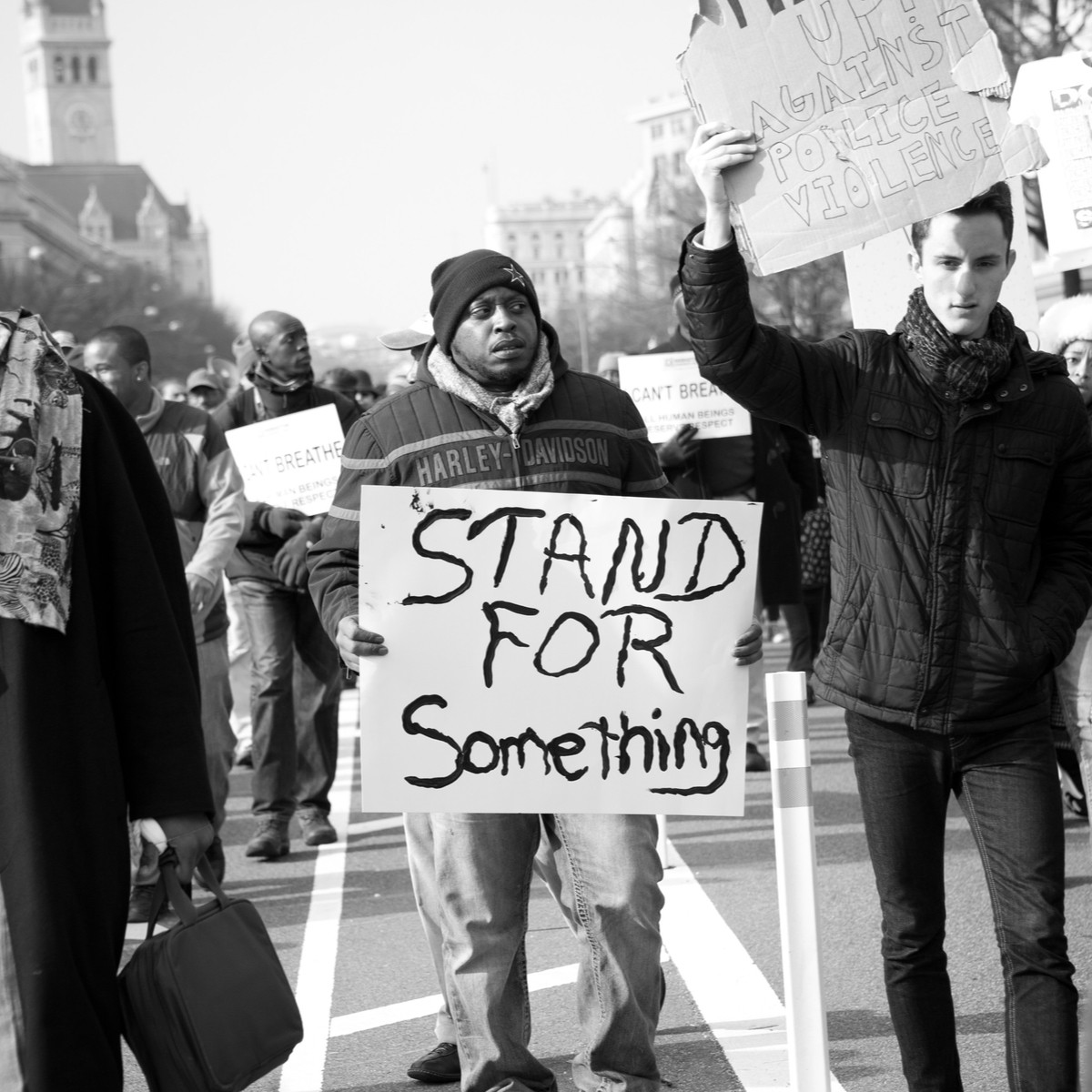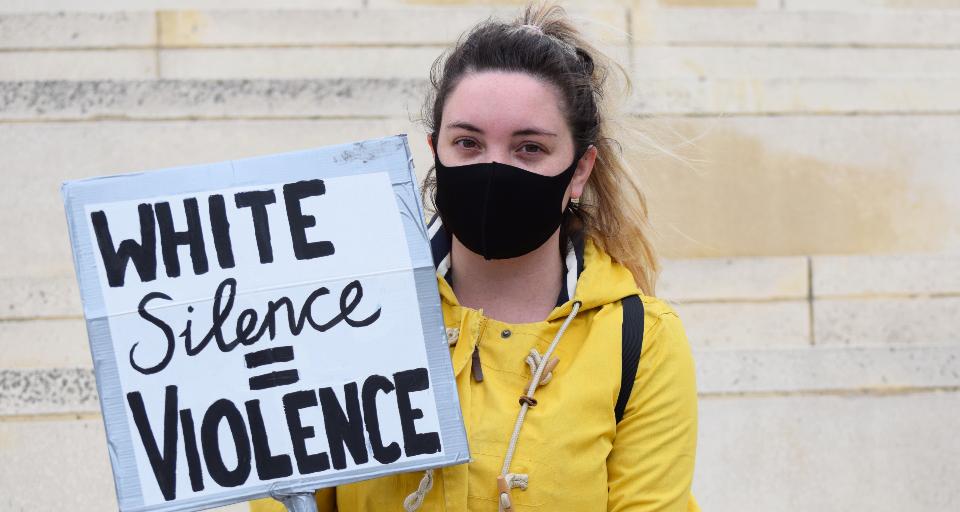Practice compassion
A well-known Buddhist text depicts a woman who is absolutely distraught by the loss of her only child. Following the advice of the Buddha, she goes from one house to another in the search of a family who has not experienced loss, only to realize that no such family exists. The lesson is that suffering and grief are universal—they are a normal part of life. It is perhaps for this reason that white people often respond to the tragic experiences of people of color with an attitude of me also. I work in care homes across Los Angeles County and I am sometimes surprised by my white clients’ reactions to the violence that people of color experience. When another black civilian is killed at the hands of police, the response is often I suffer too; when a group of Asian women are killed at the hands of a white terrorist the response is sometimes white people died too. My answer to this reaction would be yes: of course white people suffer too; of course white people experience loss, illness, aging and death.
We all suffer and we can use this common suffering to strengthen our relationship with and our understanding of each other. But it is important that white people take this one step further—after all, it is undeniable that the current system was created to serve the needs of whites. If this privileged position cannot prevent suffering, then what is life like for people of color whose universal experience of suffering is further compounded by a racially unjust system that, let’s face it, seeks to oppress and even destroy them? My suggestion is that, as white people in positions of privilege, we use our universal experience of suffering to develop compassion and kinship for marginalized communities. We are all brothers and sisters in this life of suffering, so let us use this experience to empathize with those who need it the most.

Create Space
When a child is hurt, it is only natural for a mother to share her child’s pain. But what would happen if the mother were so distraught by the pain that every time the incident were brought up, she burst into tears, lashed out in anger, or shut herself down and walked away? Such behavior would leave little to no space for the child, who—let us not forget—was the one who directly experienced the suffering, to express and process their hurt. My understanding is that people of color often find themselves in such situations when seeking to express the suffering that is caused by racial injustices. Unfortunately, far too often they are silenced by the reactions of white people who, while sometimes well-meaning, respond with denial, defensiveness, tears or even outright anger. The result is that people of color end up having to bottle up their feelings and experiences, which in turn only reenforces their oppression and thus their suffering. Instead, white people would do well to take a deep breath and be willing to listen, fully and with an open heart, to the difficult experiences of their fellow human beings.

Faith
Change can be scary, and my impression is that many white people are not necessarily opposed to equal rights, but they are deeply worried about the potential ramifications this could have on their existence as they know it. Indeed, there seems to be a widespread misconception that providing people of color with equal rights and opportunities would lead to lesser rights and opportunities for whites. Well, there may be some truth to this: after all only so many slices can be made out of the same cake. That said, the misconception comes from the belief that swapping out a ridiculously huge slice of cake for a smaller one will lead to devastation. How could this be if it allows our fellow human beings to also have a slice of cake? Buddhism teaches us that the liberation of the individual is deeply intertwined with the liberation of all beings. When we learn to open our hearts and to give from our hearts, we are not taking anything away from ourselves or from the world. Let us have faith in the universal truth that love, compassion and harmony only leads to more love, compassion and harmony.


